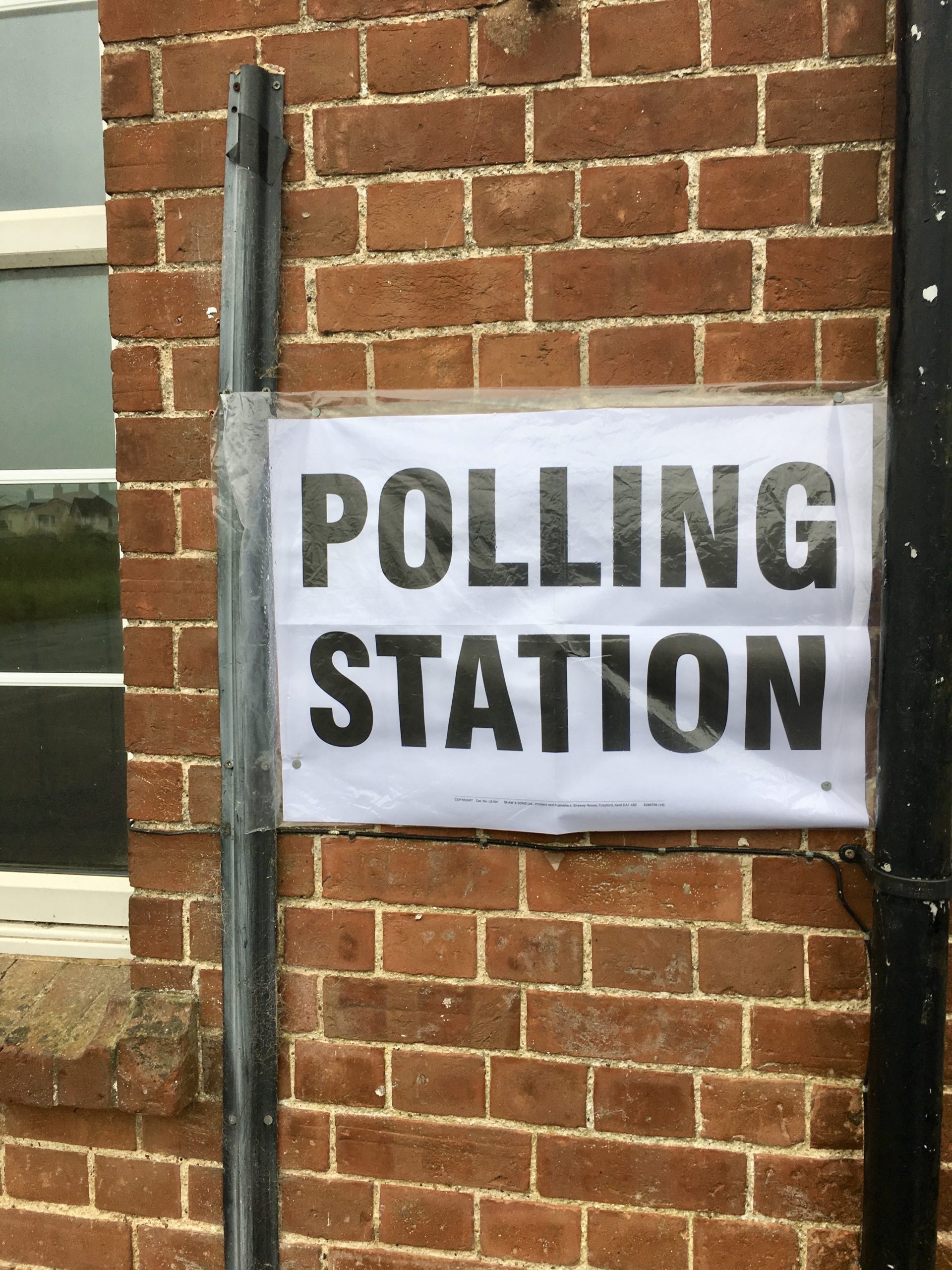
The argument for lowering the voting age to 16 in the UK has been strengthened in recent years by the high youth turnout in the 2014 Scottish independence referendum. Over 100,000 16 and 17year olds registered to vote totalling 80% of those eligible. Despite this increased push from those in favour, should we allow the momentum from an alleged ‘once in a lifetime’ referendum to impact the regular electoral cycle in the UK?
Whichever way you lean, it is hard to argue that increased political engagement is a negative thing. After all, turnout levels remain low, particularly in local elections, but it is important to remember there is a difference between political engagement and political activity. Many well-intentioned people of every age register to vote in good faith, or join political parties, and yet fail to turn up on the day. Young people may well appear politically engaged on the surface but unless this is reflected in the polls there might be little point in lowering the voting age.
One of the key arguments opposing reducing the voting age to 16 is that young people are not politically engaged. However, upon speaking to young people it is clear that they do care about issues that have a political impact, whether or not they realise this. Freya Hope Greenwood, a member of the Youth Parliament, said it isn’t the case that young people don’t care. She said “People aren’t engaged with the parties, but they care about political issues (even if they don’t realise they are political). It’s just about making sure that passion gets channelled into something before people become disillusioned.”
Another of the arguments surrounds the notion that young people are increasingly gaining adult responsibilities. Considering that you can move out or get married (with parental consent) at 16 would it not be fair for the voting age to mirror this? Freya, who agrees with lowering the voting age, said: “I think the age should be consistent, however the arguments for lowering the age citing marriage or joining the army all need parental consent, which is obviously quite problematic for voting.” So, it is clear there should be some consistency with the varying rights afforded to you at that age.
I also asked Freya to comment on her involvement with the Youth Parliament. She said “I thought Youth Parliament was quite exclusive and full of careerists, so I wanted to at least try to make it more diverse. We definitely need more young people involved though and a massive focus for this year is on how we can include people who haven’t been elected but still care about the issues we focus on.”
“I think we’re definitely missing out on chances to educate young people, particularly as a lot of MYPs get elected and never go back into schools until they want re-election. People aren’t as engaged with us as we’d like them to be so there’s still so much more to be done.”
The Youth Parliament was founded with a strong desire for young people to be represented the political system. Currently, with 369 Members of the Youth Parliament (MYPs), it has been active since its establishment 21 years ago. This strong engagement with the Youth Parliament demonstrates that to an extent young people are actively engaged with and care about politics.
However, there are other arguments against lowering the voting age which would require a lot of thought in addressing. The first of these is where do we draw the line? 18 is the voting age currently because that is the age of adulthood in the UK. Of course, younger people are becoming more engaged with the political system, but there will be some 14- or 15-year olds, or those younger still, that claim they care and want to get involved. If you lower the voting age below 18 you run the risk of losing the privilege of being able to vote and it may well become meaningless.
A further point raised by those sceptical to the idea of lowering the voting age is that some young people, no matter how far you educate them, will still not vote. With an already low turnout for elections in this country, why would you want to make figure larger? The 18-24 age category has the lowest turnout altogether, so it doesn’t necessarily make sense to increase that figure for the sake of a few extra votes.
I don’t think there will be a mass push towards lowering the voting age in the near future, but as young people continually prove their lack of apathy towards politics change may come.
Written by Bethany Collins



Average Rating